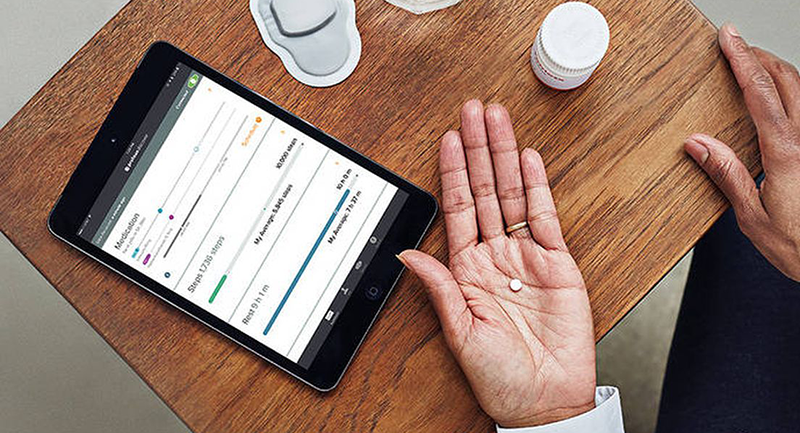Proteus Digital Health has launched a digital oncology treatment, which combines oral chemotherapy with its ingestible sensor, enabling oncologists to track treatment effectiveness and adherence in their cancer patients.
Read more Smart Pill can Deliver Drugs Following Smartphone Commands via Bluetooth
Patients with stage 3 and 4 colorectal cancer at the University of Minnesota Health and Fairview Health Services were treated with digital capecitabine.
Proteus developed the care model for oral digital oncology medicines with University of Minnesota Health and Fairview, which is the first health system in the world to prescribe digital capecitabine, a common chemotherapy drug prescribed with the Proteus ingestible sensor.
“Proteus has given us a great opportunity to take our passion for better care management of patients receiving oral oncolytics and move that forward,” said University of Minnesota Physicians oncologist/hematologist Dr. Edward Greeno, who also directs the University of Minnesota Health oncology service line.
The digital medicines program helps optimize treatment regimens while maintaining a patient’s privacy. The program securely captures, records, and shares information about the time, dose, and type of oral chemotherapy medication taken. This information, as well as data on rest, activity, and resting heart rate, can be shared with the patient’s consent with their physician, pharmacist, or caretaker. The information can only be seen by the patient and their designated individuals on a secure, mobile-friendly platform developed by Proteus.
Read more How Wearable Devices Are Changing the World of Drug Delivery
“Currently, providers make decisions about oral chemotherapy based on patients’ best knowledge of their medication taking,” said Andrew Thompson, CEO and Co-founder of Proteus Digital Health. “For the first time, digital oncology medicines give providers and caregivers new insights and ability to engage with more specific information in the remote care of colorectal cancer patients. Based on our data around the use of digital medicines in other treatment areas, we believe this will enable oncology patients to stay on their therapy longer, avoid hospital admissions, and have better response to therapy overall.”













